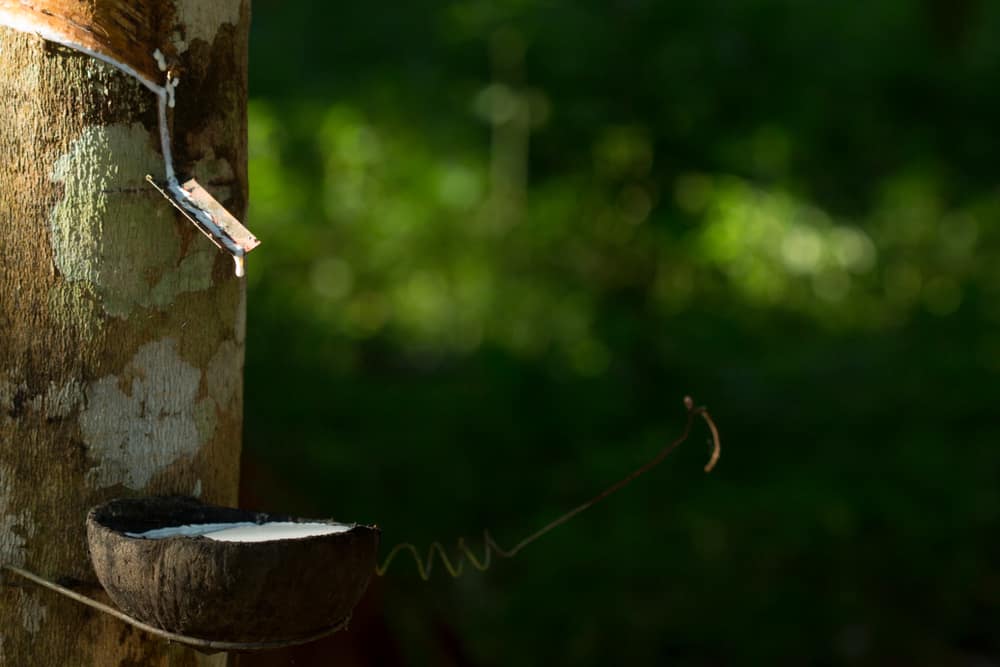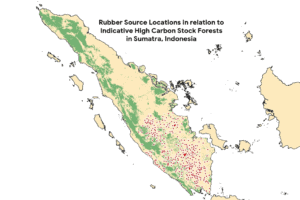Baseline Reporting Requirements Pilot Testing
The Baseline Reporting Requirements, developed by the Policy Toolbox Working Group, is a document that indicates certain qualitative and quantitative sustainability data to be reported to the Secretariat. Back in June, we invited GPSNR members to volunteer to be part of a pilot testing for these Baseline Reporting Requirements. Since then, we have had 12 member companies coming forward to contribute their time and efforts to the exercise. These member companies consist of processors, tire makers and one car maker. As part of the pilot testing, each company was given access to a secure reporting platform where they could input the necessary reporting data.
The Secretariat has conducted in-depth interviews with ten of the volunteer members so far. Following this, all feedback and data received will be reviewed, with the view to refine the Baseline Reporting Requirements in preparation for the formal launch in the near future.
Strategy and Objectives Working Group
The Working Group has commenced an extension of the study on Human Rights and Labour Rights’ Risk Mapping in the Global Natural Rubber Value Chains conducted by independent consultants James Griffiths & Associates Sàrl. This extension will see the consultant preparing an Annex to the main report that focuses on “equity issues” in the global natural rubber value chain. The objective of this extension is to understand current levels of equity (or inequity) along the natural rubber supply chain and identify where these could pose a threat to ecological, social and economic sustainability.
The report will also touch on how GPSNR’s current definition of “equity” compares to definitions used by others in related sectors or related risk assessments, providing suggested revisions to GPSNR’s definition where appropriate.
The Equity sub-Group published four Requests for Proposals (RFPs) in mid August, for studies on the Living Income Gap in the global natural rubber value chain. These initial studies will focus on collecting information and metrics from four countries: Côte d’Ivoire, Indonesia, Myanmar and Thailand. The deadline for submission of proposals is over. The Secretariat has received several proposals and will be evaluating them before presenting them to the sub-Working Group for consideration.
‘Traceability and Transparency’ Working Group
The two Requests for Proposals (RFPs) that the Working Group has been developing were also published in mid August. The deadline for submission of proposals was last week.
The first RFP is for a study that will assess the methodologies of existing traceability and transparency tools and how they match up against the traceability and transparency requirements of GPSNR members.
The second RFP is for a study that will compare existing and currently under-development GIS databases and mapping tools along with their mapping approaches through research and interviews.
The Secretariat has received several proposals and is in the process of evaluating them. The Working Group will make the final decision thereafter.




